Pakistan, India NSAs establish contact
A Pakistani official said such channels of communications were necessary during the times of crisis.
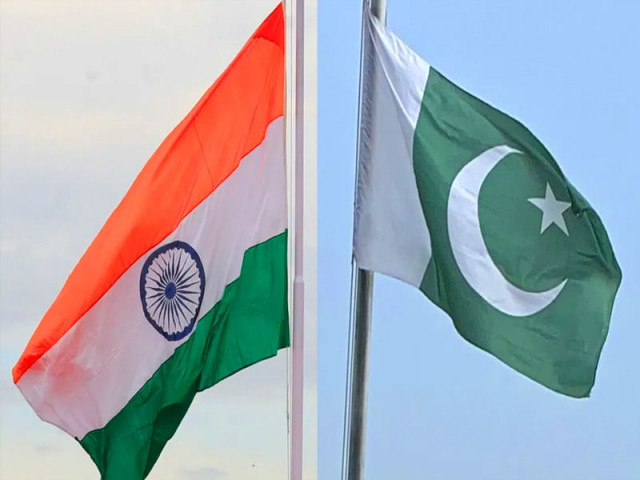
National Security Advisers of Pakistan and India have established contact with each other after India launched a series of missile strikes inside Pakistan and Azad Jammu Kashmir in the early hours of Wednesday.
Pakistan NSA Lt General Asim Malik, who is also DG ISI, spoke to his Indian counterpart Ajit Doval in what seems to be part of efforts to seek de-escalation, according to officials familiar with the development.
"Yes, Pakistan and Indian National Security Advisers are in touch," Deputy Prime Minister and Foreign Minister Ishaq Dar told The Express Tribune.
He would not provide further details about the nature of discussions and purpose of the contact between the two NSAs.
A Pakistani official said such channels of communications were necessary during the times of crisis.
It is believed that the two NSAs established contacts after hectic behind-the-scene diplomatic efforts by international and regional players.
US Secretary of State Marco Rubio, who also has the additional charge of NSA, also spoke to both the Pakistani and Indian NSAs soon after the Indian missile strikes and Pakistan's response.
Although the National Security Committee (NSA) said Pakistan would respond to the Indian missile strikes at a place, time and manner of its choosing, subsequent speech by Prime Minister Shehbaz Sharif in the National Assembly suggested that Pakistan might not give further response.
Sources said Pakistan was tipped off by a third country about the imminent Indian missile strikes. Similar channels, according to the sources, conveyed to Pakistan that India did not want further escalation.
What made the difference?
When India conducted air airstrikes in February 2019 in Balakot following the Pulwama attack, it was a surprise for Pakistan since Indian fighter jets never crossed the Line of Control (LoC) since 1971.
Pakistan was anticipating some sort of action from India but it never thought the Modi government would risk carrying out such attacks, though Indian fighter jets dropped only payloads with no real damage on the ground. New Delhi, however, wanted to send a message to both its domestic audience and Pakistan that it was willing to set a new normal in India-Pakistan relationship.
Since the Indian move was a surprise one, Pakistani authorities took a full day to decide how to move forward. Dr Moeed Yusuf, who was National Security Adviser at the time, said despite Indian misadventure at Balakot, Pakistani civil and military authorities were still looking for non-kinetic options to de-escalate tensions. Eventually, Pakistan decided to avenge the Indian action, shooting down its fighter jet and capturing the pilot.
The difference this time though was that there was absolutely clarity in Pakistan. If India launched any attack, Pakistan's response would be quid pro quo plus, according to officials familiar with the behind the scene discussions.
There were clear instructions that Pakistan's armed forces would respond decisively and swiftly the moment India struck in the country.
In the early hours of Wednesday, when reports started emerging from Muzaffarabad to Kotli and from Muridke to Bahawalpur about multiple explosions, Pakistan knew India launched the strikes that it had been planning since the Pahalgam attack.
Soon after those strikes, the chief military spokesperson appeared on a television channel and confirmed the India attack. What was different this time, however, was that Pakistan began its retaliation immediately. The response was both from air and ground. Within the first hour of Pakistan's retaliation, Pakistan shot down five Indian fighter jets including 4.5 generation sophisticated Rafael jets that India purchased from France in a hurry to shore up its defences after the botched up operation in Balakot.
"Pakistan could have shot down 10 Indian fighter jets," Director General Inter-Services Public Relations (ISPR) Lt General Ahmed Sharif Chaudhry told a news conference. But Pakistan, he said, observed restraint.
There was a complete blackout in Indian media about the losses it suffered as a result of Pakistan's strong response. The Hindu, one of the oldest and credible newspapers, initially confirmed the downing of three Indian fighter jets on its website but the story was removed apparently on the Indian government's pressure to avoid embarrassment.
One American commentator told CNN that if the news of Pakistan shooting down Rafale jets was true that would be a huge blow to India, who was boasting about their air superiority after the induction of the French-made war planes.
Some experts were of the view that the duel between the two countries was in fact a test for Chinese and western technology. Pakistan, according to officials, have J-10CChinese jets Pakistan acquired after India inducted Rafale in their squadron.
A high-ranking French Intelligence official told CNN on Wednesday that one Rafale fighter jet operated by the Indian Air Force was downed by Pakistan, in what would mark the first time that one of the sophisticated French-made warplanes has been lost in combat.
This is a massive development and shows China now has cutting-edge technology, according to an American commentator.



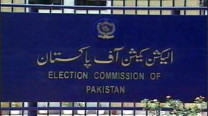
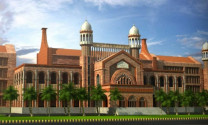

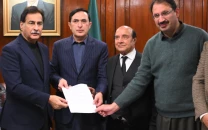


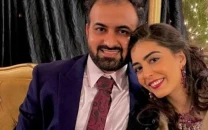
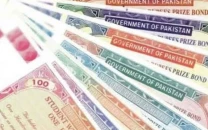


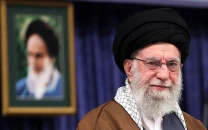







COMMENTS (2)
Comments are moderated and generally will be posted if they are on-topic and not abusive.
For more information, please see our Comments FAQ